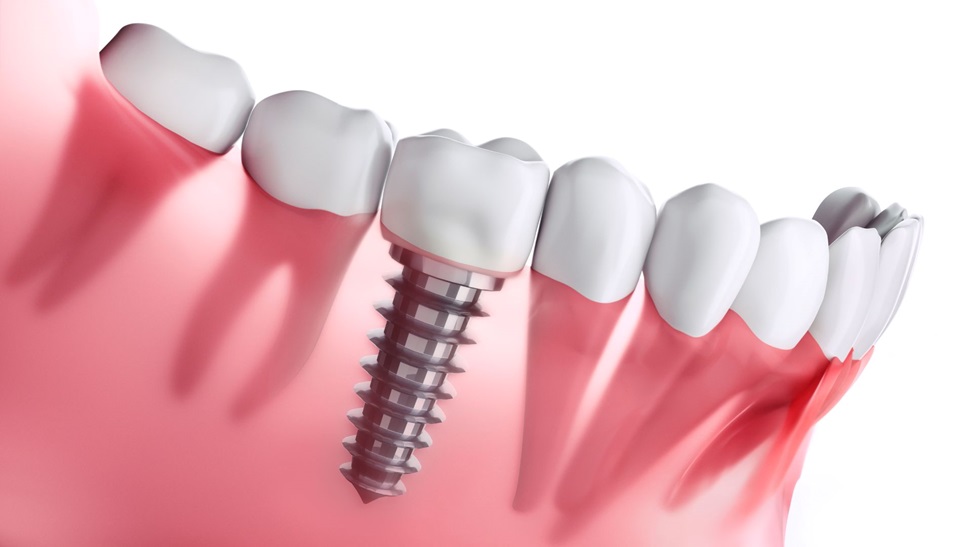Will Medicare Cover Depression

According to the Centers for Disease Control and Prevention (CDC), seniors have a higher risk of developing depression. This is because depression is a commonly associated disease for people with other health conditions. About 80% of seniors have at least one health condition, while 50% have at least two.
Depression occurs more in seniors who require home healthcare. Because its beneficiaries are at higher risk for depression, Medicare has established several covered mental health services, both inpatient and outpatient, so that seniors can tackle depression. If you or a loved one is battling depression, here are some services Medicare covers that you can look into. You can seek help from a therapist for anixety attack.
Annual Depression Screenings
Each year, Medicare Part B will cover a depression screening for you. A depression screening usually includes a questionnaire that you’ll complete with your doctor. Based on your answers, your doctor will be able to indicate whether you’re at risk for developing depression or not.
Medicare Part B covers your annual depression screenings if performed in a primary care setting, and your doctor accepts Medicare assignment. You can receive a depressing screening from medical professionals such as psychiatrists, psychologists, nurse practitioners, clinical social workers, and physician assistants.
Other outpatient mental health services you can receive from these types of medical professionals include individual and group psychotherapy, psychiatric evaluations, family counseling, and medication management. Most mental health services are only covered by Medicare if the doctor providing them accepts Medicare assignment.
If your mental health service is covered, Medicare Part B will cover 80% of the bill, minus the Part B annual deductible. You will be responsible for both the Part B deductible and 20% coinsurance. However, if you have a Medigap plan, you may only be responsible for the Part B deductible.
Partial hospitalization for depression
If your doctor feels you need more personal care than what you receive at the doctor’s office but don’t quite need to be admitted to a psychiatric hospital, he may recommend partial hospitalization. Partial hospitalization allows you to get the inpatient care you need, but on an outpatient basis. Instead of staying overnight in a hospital, you will simply check in to the facility during the day, receive care, and return home later that evening.
During your hospitalization, you will receive occupational therapy to treat your depression as well as one-on-one training with your doctor to educate you on your condition. Medicare doesn’t cover your meals while you’re there, transportation to and from your visits, and a few other non-medically necessary items.
If your doctor and facility both accept Medicare assignment, Medicare Part B will cover your partial hospitalization at 80% after the deductible. You may also have a daily copay for the facility care. But again, if you have a Medigap plan, your 20% coinsurance would likely be covered in full for you.
Inpatient care for depression
Depending on how severe your depression is, your doctor may recommend admission to a psychiatric hospital. If you are admitted, Part A will cover your room and board, while Part B will cover your doctor and nurse services. Like Part B, Part A also has a deductible. However, this deductible is per benefit period, so you could pay it more than once if you admitted into a hospital more than once in a year.
In 2020, the Part A deductible is $1,408. This deductible will cover your first 60 days in the psychiatric hospital. If your stay exceeds two months, you will have a daily copay for each day after that. However, Medicare Part A only covers up to 190 days in your lifetime for psychiatric inpatient care.
You’ll also have Part B’s cost-sharing expenses. However, most Medigap plans cover the Part A deductible, Part A copays, and Part B coinsurance in full.
Listen to the symptoms
Often, seniors are misdiagnosed or underdiagnosed when it comes to depression. All too often, doctors underestimate the severity of the disease in their elderly patients. Don’t let that happen to you. Speak up about your symptoms. If you’re experiencing irritability, fatigue, insomnia, appetite loss, thoughts of suicide, or other common symptoms of depression, talk to your family or doctor, and get the help you need.










